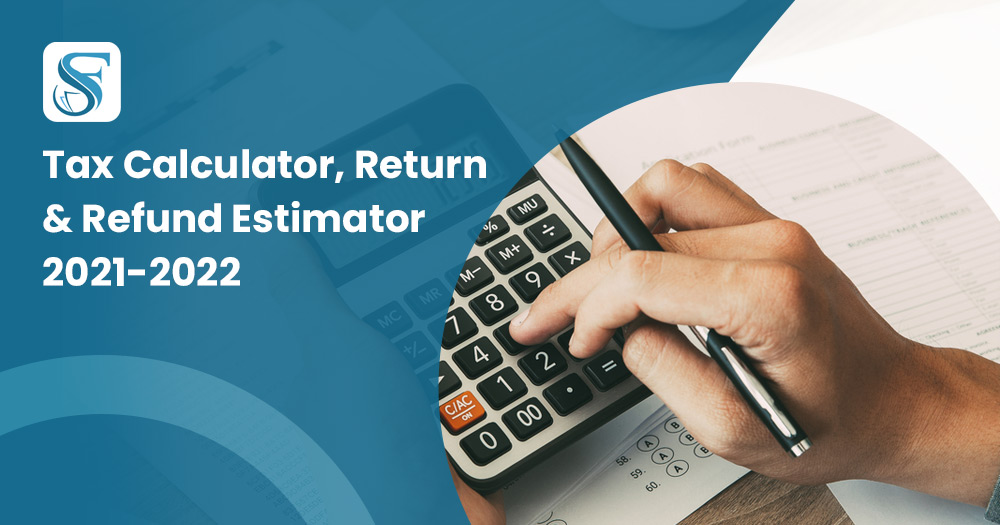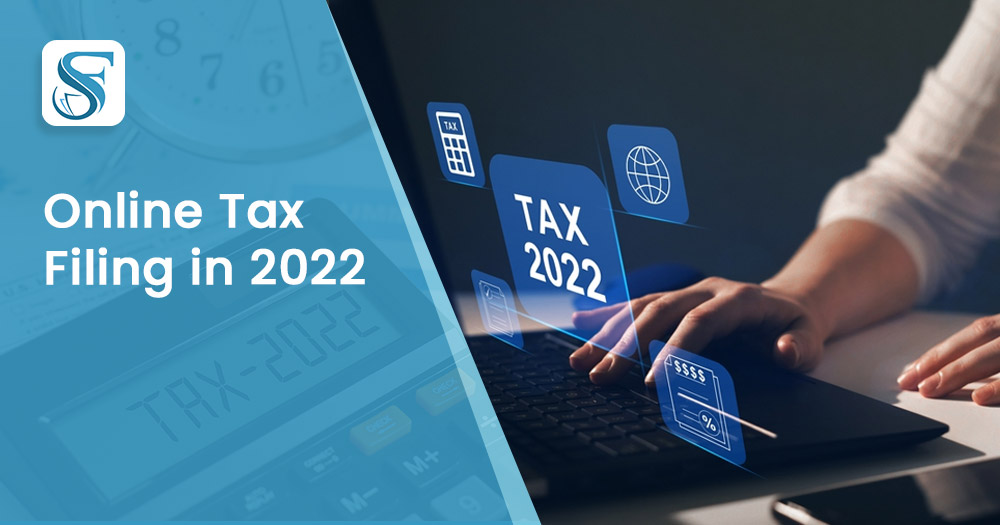Without even doubt, the most helpful accreditation for building an accounting career and auditing is the Certified Public Accountant. It demonstrates that you understand accounting concepts, processes, related rules, and regulations thoroughly. In addition, obtaining the designation of Certified Public Accountant elevates an accountant’s status in the eyes of work colleagues, professional colleagues, regulators, and customers. Many CPAs near me dedicate a significant amount of time preparing and submitting financial records for individuals and small businesses in private practice.
In 2016, around 1.4 million accountants and auditors were employed in the United States, with CPAs at the field’s top.
What is a CPA?
A certified public accountant (CPA) is a professional certification given to qualified accountants. The Board of Accountancy in each state issues the CPA license. The American Institute of Certified Public Accountants (AICPA) offers information on how to get your CPA license. The CPA designation aids in the enforcement of professional accounting norms. Other nations, such as the United Kingdom, offer certifications comparable to the CPA title, such as the chartered accountant designation. A bachelor’s degree in business administration, finance, or accounting is required to become a certified public accountant (CPA).
Individuals must also finish 150 hours of schooling and have at least two years of experience in accounting. An individual must also clear the Uniform CPA Exam to get the CPA designation. Completing the Uniform CPA Exam and possessing two or more years of professional accountants expertise are further prerequisites for the CPA certification.
CPAs work in public accounting and corporate accounting and senior roles such as account executive, finance controller, or CFO.
What other Certified Public Accountant can’t do that a CPA firm can?
For companies, small enterprises, non-profit groups, ministries, and people, public accounting involves a wide variety of accounting, auditing, tax, and advising duties. Most of these functions may be performed by any competent public accountant; however, a CPA firm in USA can do two jobs that an accountant without a CPA license cannot:
Financial statements and reports have been audited or examined, then filed with the Securities and Exchange Commission (SEC). The SEC requires all public corporations to produce audited financial statements. A significant distinction between an ordinary accountant and a CPA is that only CPAs can provide audited accounts such as an income statement or financial statements. The only thing a CPA can do is give an opinion on financial statements that have been audited, examined, or prepared. Providing attest services necessitates the possession of a CPA license. Accountants do regular tasks and can prepare tax returns, but CPAs analyze the work, represent you in a tax audit, and assist you in making higher-level business and tax choices.
In front of the Internal Revenue Service, represent clients. Clients can also be represented by a non-CPA lawyer, enrolled administrator, enrolled retirement account agent, or registered actuary.
Businesses that trade their stock on the share market are required to submit audited financial statements so that buyers may assess the stock’s value. Smaller companies that do not sell a stock may get by with an accountant who isn’t a CPA.
Read more: CPA vs CFA – Differences and Similarities
CPA’s Expertise
Financial Planning
CPAs concentrate on financial planning, equities, taxation, mergers and acquisitions, and other areas of accounting assist people and businesses with a variety of issues.
Services of Assurance
Aside from specific audit services like reviewing yearly reports, emerging specialist areas of assurances/safety have boosted CPAs’ knowledge demand.
IT Services
With the rapid rise of IT, CPAs with solid technology and information security abilities have a lot of opportunities to design and execute new systems.
Environmental Accounting
Some CPAs undertake regular audits and build preventative measures to assure compliance as resources devoted to environmental problems.
Consulting Services
CPAs assist businesses in identifying issues, finding strategies, and implementing improvements. For example, a company’s yearly tax return may be in excellent shape, but quarterly financials require professional examination too.
Forensic Accounting Services
CPAs assist businesses in identifying issues, finding strategies, and implementing improvements. For instance, a company’s yearly tax return may be in excellent shape, but quarterly financials require professional examination too.
International Accounting
CPAs can work in a variety of settings outside of their native nations. For example, they are accounting for international trading regulatory frameworks, translating financial statements to know reports better, and working on revamping international accounting standards to best suit the needs of the different societies.
Accounting Services By CPAs
A CPA is a certified public accountant who provides advice to their customers in a variety of ways. The following are examples of these duties:
Tax services
These services include drafting and submitting federal, state, and local tax returns and working with firms and people throughout the year to reduce their tax liabilities. In addition, a CPA can represent its customers in IRS audits or queries from state and local tax officials.
Audit/assurance services
Audit services are independent professional services that help decision-makers enhance financial and non-financial data quality or relevance. Auditing is the process of objectively evaluating financial and economic data to ensure that it is accurate and conforms to standards such as generally accepted accounting principles (GAAP).
Management services
These solutions help with day-to-day tasks, strategic or long planning, and overseeing and controlling an organization’s or person’s day-to-day operations. Financial management, budgeting, personal finance; financial statement preparation; insurance management and risk management; investment advising; and estate planning are examples of such services.
Responsibilities of CPAs
The tasks of a CPA vary depending on the position in which they work; however, some frequent responsibilities include:
As needed, organize and update financial documents (digital and physical).
Compile reports and analyze activities.
Conduct comprehensive audits regularly to check the correctness of financial records, expenditures, and investments.
Estimate sales and look at profit margins.
Efficiently manage payable and receivable and supervise ledger balance.
Take part in the budgeting process.
Senior management should be informed of the company’s financial situation frequently.
To keep track of tax payments and returns, communicate with tax accountants.
Keep an eye on your bookkeeping tasks frequently.
Maintain the confidentiality of the company’s financial information.
Set accounting policies and processes in place.
Keep up with industry advancements and regulatory changes.
Certified Public Accountant Salary
Accountants’ and auditors’ salaries vary depending on whether they operate for themselves, on contract for a major corporation or business, or an accounting firm. CPAs make more incredible money than people who do not have a CPA license. Taking all of this into account, the median household income is:
Median Annual Income: $70,500 ($33.89/hour)
Top 10% Annual Income: More than $122,840 ($59.06/hour)
Bottom 10% Annual Income: Less than $43,650 ($20.98/hour)
Certified Public Accountant (CPA)Skills and Competencies
You’ll need to be driven and tenacious, as well as possess strong communication skills to think critically and resolve issues. You must also be meticulous and able to fulfill schedules with precision. Other relevant qualities include:
Analytical skills: You must see the problems before they can become apparent and impact the organization’s profitability.
Organizational skills: You’ll be dealing with many papers for many different clients, both online and on paper, and you’ll need to get your hands on them promptly.
Attention to detail
Communication skills
Tech savviness
High ethical standards
Marketing/client focus
Project management
A broad business perspective
CPA Education, Training & Certification
Those interested in becoming a CPA should start with the basics and work their way up.
Education: A bachelor’s degree, preferably in accounting, is required. Master’s degrees in accounting and finance-related management are common among CPAs.
Licensure: To become a CPA, you must pass a test and complete continuing professional education (CPE) criteria. Most states have their financial councils, often known as accountancy boards, that govern the industry and the CPA license. If you qualify to practice in one state, you may not be able to practice in another. However, many of these issues may be avoided if you work for a major firm with a multi-state presence.
Aside from the accounting field, the CPA license is only necessary for a few specialized support jobs such as internal audits at other financial services organizations such as banks, brokerages, and investment companies.
Job Outlook of a CPA
From 2016 to 2026, this profession is predicted to expand by roughly 10%, faster than average for all other occupations. In 2018, complex tax reforms were projected to result in urgent demand for the Best tax professionals. Many CPAs work for themselves, sometimes even from home, while others work for public accounting companies. In either case, this is mostly a desk profession that may be lonely at moments, despite the need for engagement with customers and colleagues. Most CPAs work full-time, with around 20% working overtime regularly, especially during peak periods like seasonal tax times or the conclusion of a company’s fiscal year.
A CPA degree usually leads to a career as an accountant of some form. To put it another way, they prepare, maintain, and monitor financial statements and associated transactions for businesses. Many CPAs prepare tax returns and documents for both people and companies. Audits can be performed and signed off on by CPAs.
CPAs are well recognized for their work in tax preparation, although they can also specialize in audit, accountancy, external audit, management accounting, and information systems.
Working in corporate accounting or for private enterprises does not necessitate the CPA qualification. On the other hand, accounting professionals must have a CPA qualification if they work for a firm that offers accountancy and income services to companies.
How to Become a CPA
Leverage Your License
When applying for any job in the financial services sector, make your CPA credential a primary selling feature. A CPA license is typically regarded as a sign of quantitative abilities and solid technical standards. In addition, it can help you get a lot of credibility as a job candidate.
Working As An Accountant Is Also An Option
Obtaining your CPA to establish a financial services profession outside the public accounting industry is unlikely profitable.
Certified Public Accountant(CPA) Ethics
A code of ethics governs CPA. The APCIA mandates all CPAs to follow the Professional code Of Ethics, which outlines the ethical principles CPAs must follow.
When completing audits and reviews, CPAs are required by federal and state legislation to retain their independence. After the Sarbanes-Oxley (SOX) Act of 2002, which was passed in reaction to corporate accounting crises like the Enron disaster, the CPA qualification has become increasingly valuable.
Professional Organizations for CPAs
American Institute of CPAs: CPAs are represented by the AICPA, which also administers the CPA test. The association offers career counseling, continuing education options, career development tools, and grants for aspiring CPAs.
American Accounting Association: The AAA publishes research, provides events with professional networking, and hosts local webinars, collaborating academics, and professional accountants/accounting bodies. For employment searchers, the organization also has a career center.
National Society of Accountants: The National Society of Accountants (NSA) promotes tax and accounting experts by hosting webinars, seminars, and gatherings to help them advance their careers. The group provides scholarships to accounting students and maintains a private community for members alone.
Government Finance Officers Association: GFOA represents public finance professionals, including CPAs, founded in 1906. GFOA awards grant to accountancy students and provide industry developer tools in addition to improving guidelines.
Institute of Management Accountants: Accountants have access to professional opportunities, training, and journals through the IMA. The institution offers a certified management accountant certificate and has a learning facility with tools for ongoing training.
Conclusion
It takes a lot of dedication and hard work to become a CPA. However, once you get your license, you will have access to a broad range of exciting job prospects. If you decide to start your practice, be sure you have business services in place.




